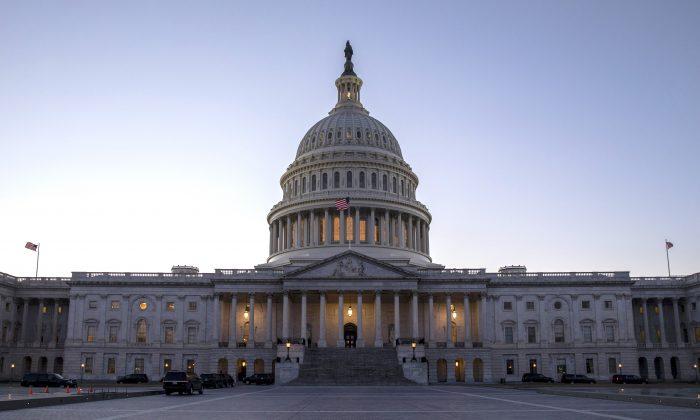WASHINGTON—The U.S. Congress is becoming increasingly polarized and divided, although there are still a number of lawmakers who are willing to work across the aisle “to do what’s right for the country.”
The U.S. Chamber of Commerce presented awards on June 17 to members of Congress who the organization says are committed to “bipartisanship” and “constructive governing.”





